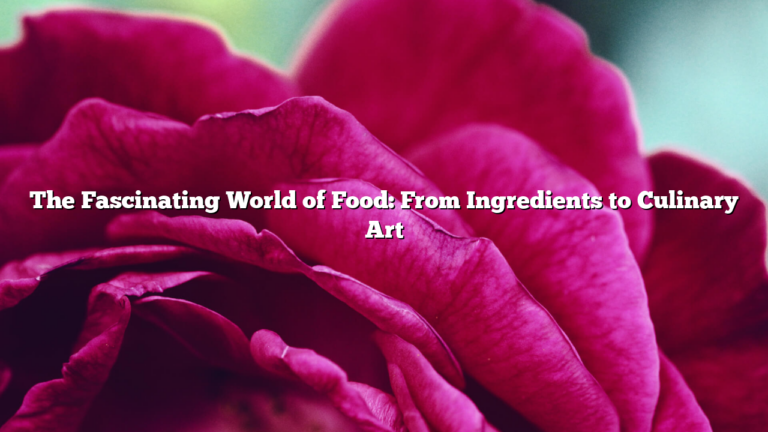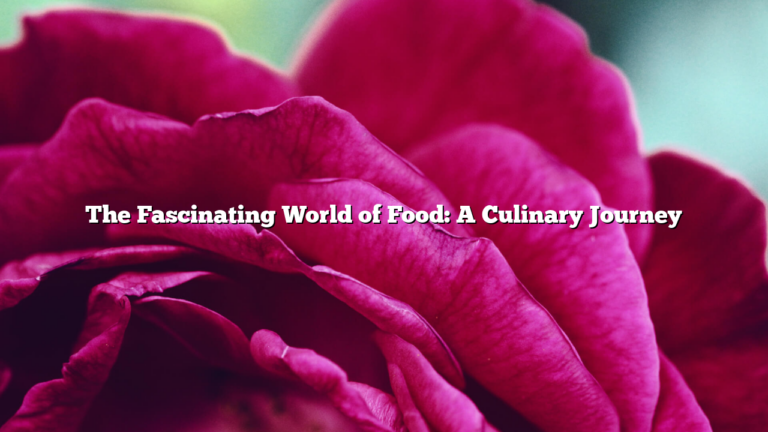
The Science of Taste: Why We Love Certain Flavors 
Why do we crave sweet desserts, salty chips, or spicy foods? Our sense of taste is not just about preference—it’s deeply connected to biology, psychology, and culture.
In this article, we’ll explore how taste works, why we prefer certain flavors, and how our food choices are influenced by our genes and environment.
1. How Does Taste Work?
Our tongues have about 10,000 taste buds, each containing taste receptors that detect five primary flavors:




When we eat, our taste buds send signals to the brain, which combines taste with smell, texture, and temperature to create flavor perception.
2. Why Do We Prefer Certain Flavors?
Many factors influence our taste preferences, including:



3. morfintoto of Smell in Taste
Did you know 80% of taste comes from smell? When we have a cold, food tastes bland because our nose is blocked. The olfactory system (our sense of smell) plays a huge role in flavor perception.
4. How Food Companies Manipulate Taste
Fast food and snack companies use science to make food irresistible:


5. Can We Change Our Taste Preferences?
Yes! Our taste buds regenerate every two weeks, meaning we can train ourselves to enjoy healthier foods by:


6. Conclusion: Taste is a Fascinating Science
Our taste preferences are shaped by biology, culture, and experience. Understanding how taste works can help us make better food choices and explore new flavors.
What’s your favorite flavor—sweet, salty, sour, bitter, or umami?













